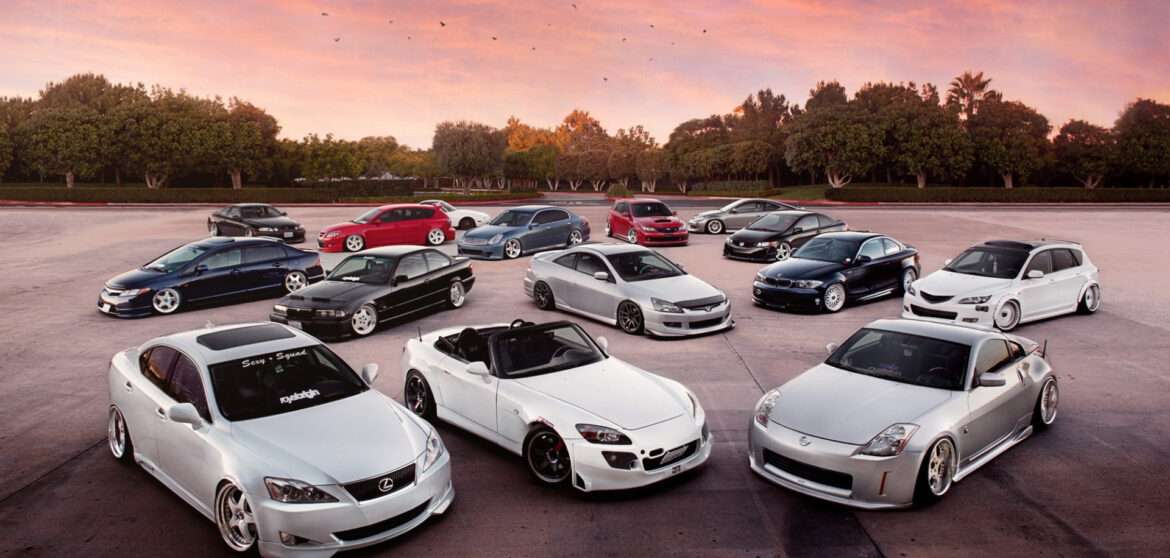GCC vs. American, Japanese, & European Imported Cars: Key Differences & Risks
Dubai’s car market is one of the most diverse in the world, offering a wide selection of vehicles, including those manufactured for the Gulf Cooperation Council (GCC) region and imported models from the USA, Japan, and Europe. While imported vehicles may seem like a great deal, understanding the differences between GCC-spec and non-GCC cars is crucial to avoid unexpected costs and maintenance issues.
In this blog, Drive UAE will help you make an informed decision by outlining the key differences, advantages, and risks associated with each type of vehicle.
Understanding GCC-Specification Vehicles
GCC-spec vehicles are built specifically for the Gulf region, including the UAE, Saudi Arabia, and other neighboring countries. These vehicles are designed to withstand the region’s extreme weather conditions, sandy terrain, and fuel quality.
Advantages of GCC-Spec Cars
Climate Adaptation: Enhanced cooling systems and high-performance air conditioning are designed for the intense Middle Eastern heat.
Sand and Dust Protection: Special air filtration systems prevent dust from affecting engine performance.
Fuel Compatibility: GCC cars are tuned for the fuel quality available in the UAE, ensuring efficiency and fewer engine issues.
Easier Maintenance & Service: Dealerships in the UAE have access to original spare parts and qualified mechanics for GCC-spec cars.
Higher Resale Value: Due to local preferences, GCC-spec cars generally retain a higher resale value compared to imported ones.

Imported Vehicles: American, Japanese, and European Specs
Let’s get some know-how.
American-Spec Cars
Designed for U.S. roads: The vehicle has Strong safety features, advanced infotainment systems, and comfortable interiors.
Potential Issues: Cooling systems may not be built for UAE’s extreme heat. Some models may have lower-quality fuel compatibility, causing engine problems.
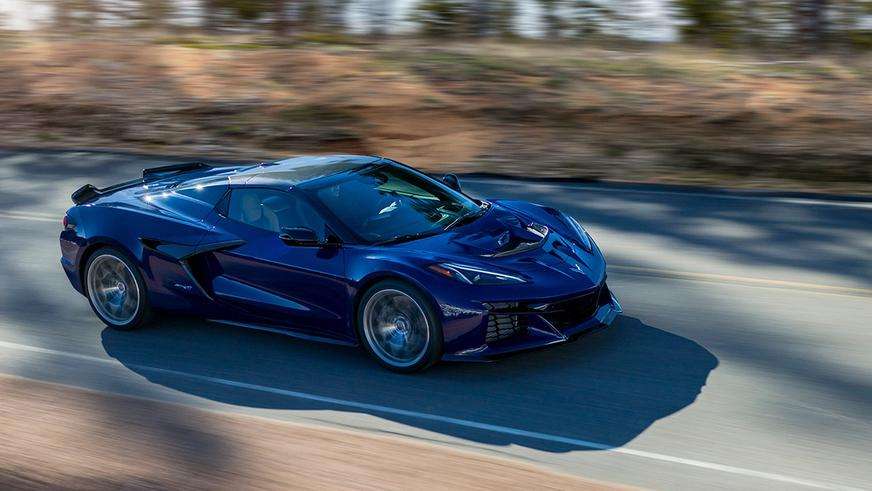
Japanese-Spec Cars
Focus on Efficiency: Japanese cars are known for fuel efficiency and durability.
Potential Issues: Some Japanese imports have speed limiters that can’t be easily removed, making them unsuitable for long highway drives. Air conditioning systems may not be powerful enough for UAE summers.
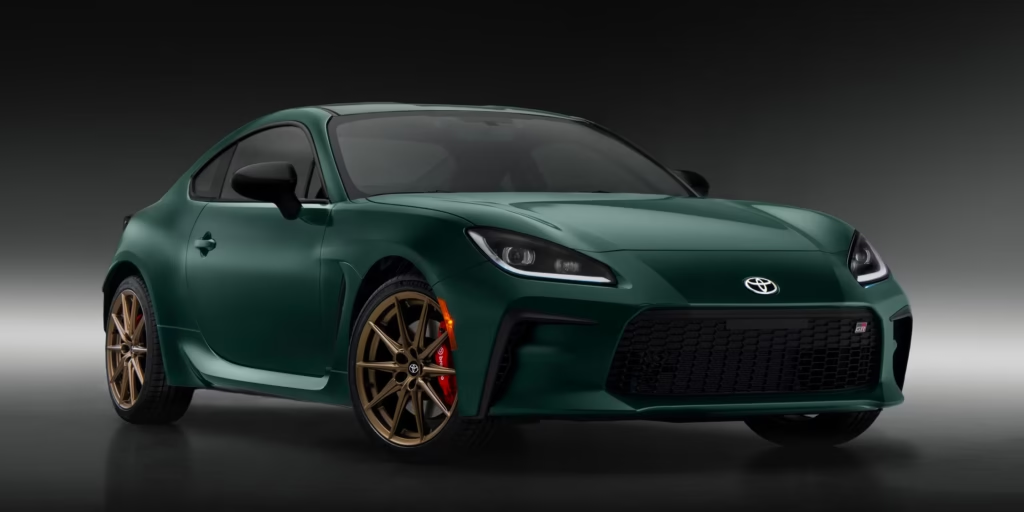
European-Spec Cars
Luxury and Performance: European vehicles often feature high-end safety and performance systems.
Potential Issues: These cars are designed for mild European climates, so they may not have the same heat-resistant components as GCC-spec models.

Key Differences Between GCC and Imported Vehicles
Below are some key differences between these cars.
| Feature | GCC-Spec Cars | American Imports | Japanese Imports | European Imports |
| Cooling System | Designed for extreme heat | Standard cooling may overheat | Moderate cooling, not suited for desert heat | Cooling optimized for mild climates |
| Air Filtration | Enhanced dust protection | Standard filters | Standard filters | Standard filters |
| Fuel Compatibility | Tuned for UAE fuel quality | May require higher octane fuel | Optimized for Japanese fuel | May require premium European fuel |
| Resale Value | High | Lower | Moderate | Moderate |
| Maintenance & Repairs | Easy availability of parts | Some parts may be hard to find | Some parts may be hard to find | Expensive parts & servicing |
| Legal & Registration Issues | No issues | Requires import approvals | Requires import approvals | Requires modifications for compliance |
Risks Associated with Imported Vehicles
Below are some risks associated with these vehicles.
1. Warranty and Service Challenges
Most imported cars do not come with a valid manufacturer warranty in the UAE, making maintenance and repairs expensive. Finding spare parts can also be difficult.

2. Resale Value Concerns
Imported cars generally have lower resale values in the UAE due to a lack of buyer confidence in their reliability. Many buyers prefer GCC-spec cars because of their durability and serviceability.

3. Legal and Registration Issues
Non-GCC cars may require additional modifications to meet UAE’s vehicle regulations. Some American or Japanese imports may have safety or emission standards that do not comply with local laws.
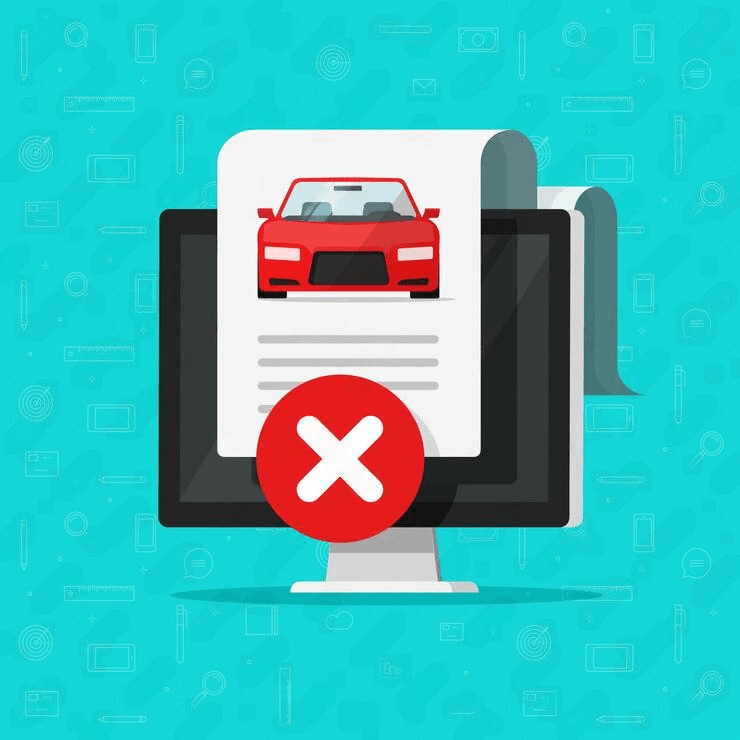
4. Hidden Damages and Previous Accidents
Imported vehicles, especially those from the U.S., may have a history of accidents, flooding, or salvage titles. Always check vehicle history reports to avoid buying a car with hidden damages.
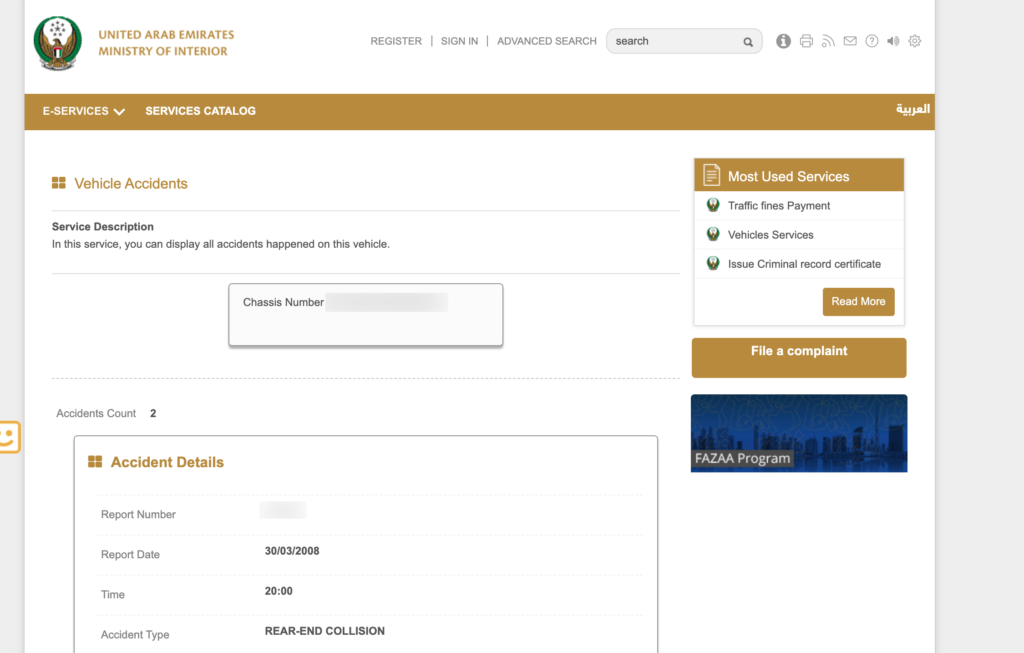
Making an Informed Decision
Here is how you can make an informed decision.
1. Conduct Thorough Research: Before purchasing an imported car, check if it is suitable for the UAE climate and road conditions.
2. Verify Vehicle History: Use services like Carfax or AutoCheck to review accident history, maintenance records, and ownership details.
3. Seek Professional Inspection: Have the car inspected by a mechanic who specializes in GCC vs. non-GCC vehicles to check for necessary modifications and potential problems.
4. Consider Total Cost of Ownership: Imported cars may have a lower purchase price, but factor in maintenance, fuel requirements, registration fees, and potential repairs before making a decision.
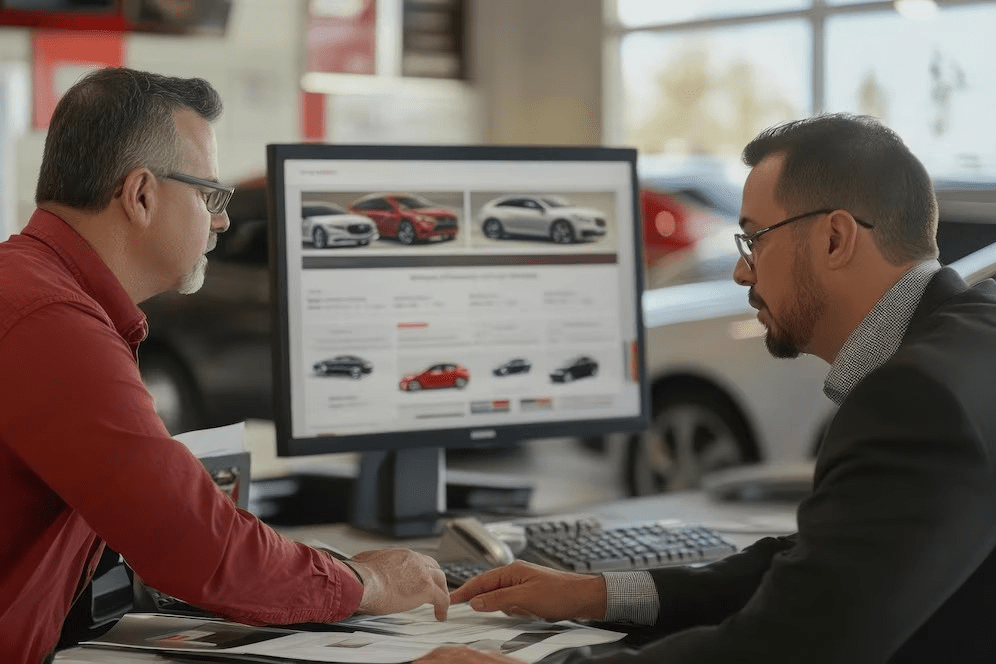
Conclusion
While imported cars from the USA, Japan, and Europe may be attractive due to their lower prices or unique features, GCC-spec cars are the best choice for the UAE’s climate, fuel, and road conditions. They offer easier maintenance, higher resale value, and better long-term reliability.
If you are considering an imported vehicle, ensure you conduct thorough research, verify its history, and get a professional inspection to avoid costly surprises.

